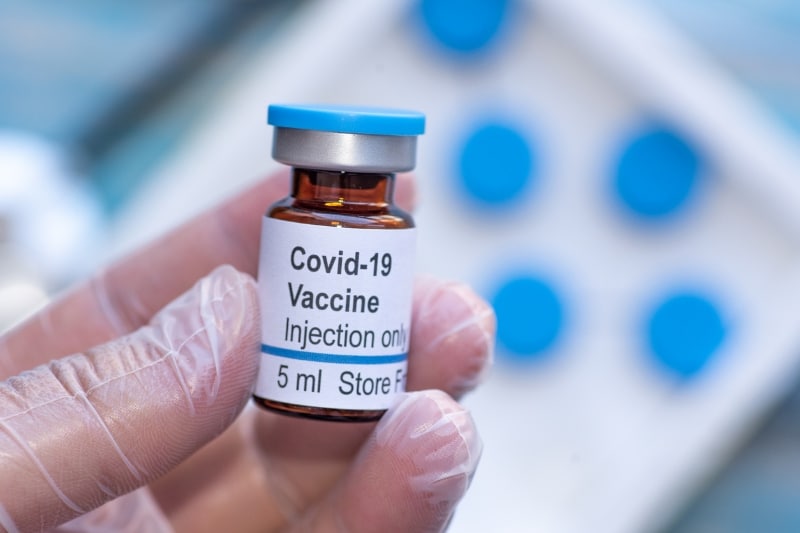The Department of Trade and Industry – the Board of Investments (DTI-BOI) – is eyeing Japanese pharmaceutical firms to invest in the Philippines.
With the developments in health insurance schemes, health systems, and increasing investments in public health, the Philippines can serve as Japan’s market for pharmaceutical products. As the country prepares the local environment and standards through the implementation of ASEAN harmonization and other initiatives for Good Manufacturing Practices, the Philippines can be a good production base for Japanese companies’ pharmaceutical exports. In addition, the Philippines is Japan’s closest ASEAN country in terms of geographical proximity, according to representatives from the DTI.
Undersecretary Ceferino Rodolfo echoed that it is imperative to strengthen the partnership with Japan particularly in the pharmaceutical sector, including in the areas of R&D, product development, and innovation, pointing out that the Philippines pharmaceutical market has an estimated value of about USD 4.6 billion, with around 46 manufacturers, 650 importers, and 4,800 distributors with around 98% of active pharmaceutical ingredients (APIs) sourced from abroad as imports have grown by 15% between 2015 to 2019.
In general, the local pharmaceutical companies have capabilities for basic research, formulation development, clinical studies and trials, and pilot-scale production up to commercial production. The Philippines is capable of manufacturing oral solid dosages, liquid oral preparations, liquids and semi-solids topical preparations, small and big volume parenteral, and dry powder inhalers and effervescent.
Director Cagatan also invited Japanese companies to set up their manufacturing facilities in the country. The government’s foremost priority is investments in the manufacture of vaccines and biologicals so that the Philippines would have a certain level of security to address current and future health emergencies and pandemics.
The DTI would welcome investments in vaccine manufacturing even starting with fill and finish or form and finish operations before going to further processing. The Philippines has prospective Filipino groups which are looking for technical partners or equity partners who would be happy to be introduced to those who are seriously interested in this field. The DTI is also encouraging investments in essential medicines especially for the most common illnesses of Filipinos which include diabetes, hypertension, kidney and heart diseases, and cancer.
During the pandemic, the Food and Drug Administration (FDA) has also made several regulatory actions such as releasing advisories and orders that would ensure access to drugs, test kits, and PPEs; conducting continuous public information dissemination; granting Compassionate Special Permit (CSP); adopting a collaborative procedure for the accelerated registration of WHO – Prequalified Pharmaceutical Products and Vaccines; establishing Facilitated Registration Pathways for drug products, including vaccines and biologicals; creating guidelines for the registration of drug products under emergency use (DEU) for COVID-19; and processing clinical trial and product registration at a shorter time.
For hospitals or doctors who would like to use an unregistered drug to their patients based on risk-benefit ratio, a CSP could now be issued by the FDA within 3 working days for emergency use of identified individuals or institutions. As for DEU, it takes 30 days to get an FDA nod whereas Emergency Use Authorization (EUA) takes around three weeks and has limited validity for unregistered products or vaccines that are still in the clinical trial stage (phase 3 interim).
Japan is the country’s second top export market for pharmaceutical products in 2019, specifically bandages and dressings. On the other hand, the top imports from Japan in the same year include medicaments and penicillin, nucleic acids and salts, and vitamins. Since 2015, exports to Japan grew by 18.24% while imports increased by 8.22%.
(Source: Department of Trade Industry)
